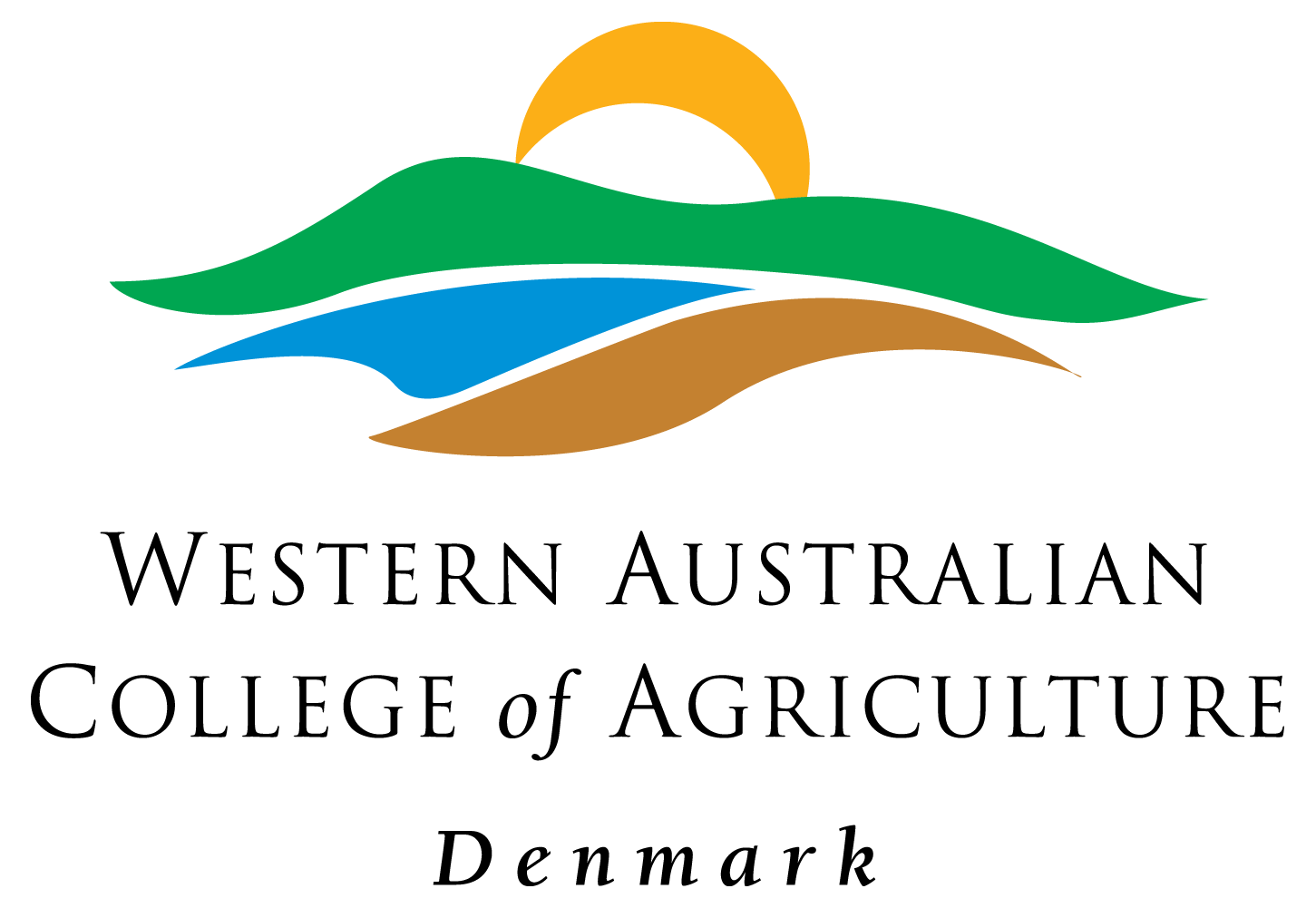Issue 3 2024 - Teaching & Learning
Teaching & Learning
Jessica Lewis
One more week to go! Exams and ESTs are marked and papers have been sent off, reports are almost finished and we are all getting ready for a well-deserved break.
OLNA results
Earlier this week, I sent information home about the results of OLNA tests that were sat earlier in the year. Over 65% of the students passed one or more tests which was a great outcome, with three Year 12s now breathing easy for the remainder of the year – congratulations! Not all of our Year 10s were eligible to sit these due to having a go late last year, so please don’t be alarmed if your student didn’t get a letter but has not yet met all those requirements, they will get their turn in September. There are lots of resources available to support students, including the School Curriculum Standards Authority (SCSA) website, and of course their teachers. Please reach out if you are not sure how to support your student in completing these requirements.
ECU Horticultural Science Visit
We had an incredibly interesting presentation from Dr Zora Singh, Foundation Professor of Horticulture at Edith Cowen University. This is a relatively new course at ECU and is the only one of its kind in WA, so the trip was part of a promotional tour that we were pleased to be a part of. He told us how the horticultural industry has the highest employment growth rate in Australia with 4115 job vacancies advertised in the last year but only 1000 graduates made locally.
Dr Singh presented research that he is working on with people all around the world to improve the quality and yields of produce to get more profit back to the producer post-harvest, where as much as 30% of all produce is lost. Much of his research is focused on Ethylene, a naturally occurring gaseous plant hormone that plays an important role in fruit ripening. There are commercially patented molecules that can be used to block (antagonise) the effects of ethylene, but they are expensive to use and therefore not practical for Australian farmers looking to extend the transportation life of their fruit.
Dr Singh has produced his own unique molecule that has the same effect through a different mechanism, and he is allowing farmers to use it without the huge costs associated. This is allowing fruit such as mangos to be shipped to Europe rather than flown at a huge discount plus lower carbon footprint; it improves the colour and flavour of fruit such as blood oranges and pink lady apples; and it reduces the need for chilling which can cause injury to fruit and reduce its visual appearance, both of which help to gain higher prices at market and increase the percentage of first grade fruit from the harvest.
After Dr Singh had talked to the Year 10s and ATAR 11 and 12s, he got the students performing some laboratory tests to identify objective (quantifiable) traits of persimmons, such as hardness using a special punching machine that measures resistance and sugar content using a refractometer. Many students were able to try their first taste of the exotic fruit, good thing he didn’t bring any of the jackfruit he had mentioned earlier as I’m not sure if the smell would have been as warmly received.
I hope everyone has an amazing holiday that involves rest, family, bonfires, and home-made food, that’s my plan at least.
Jessica Lewis
Program Coordinator - Teaching and Learning
WACOA – Denmark



